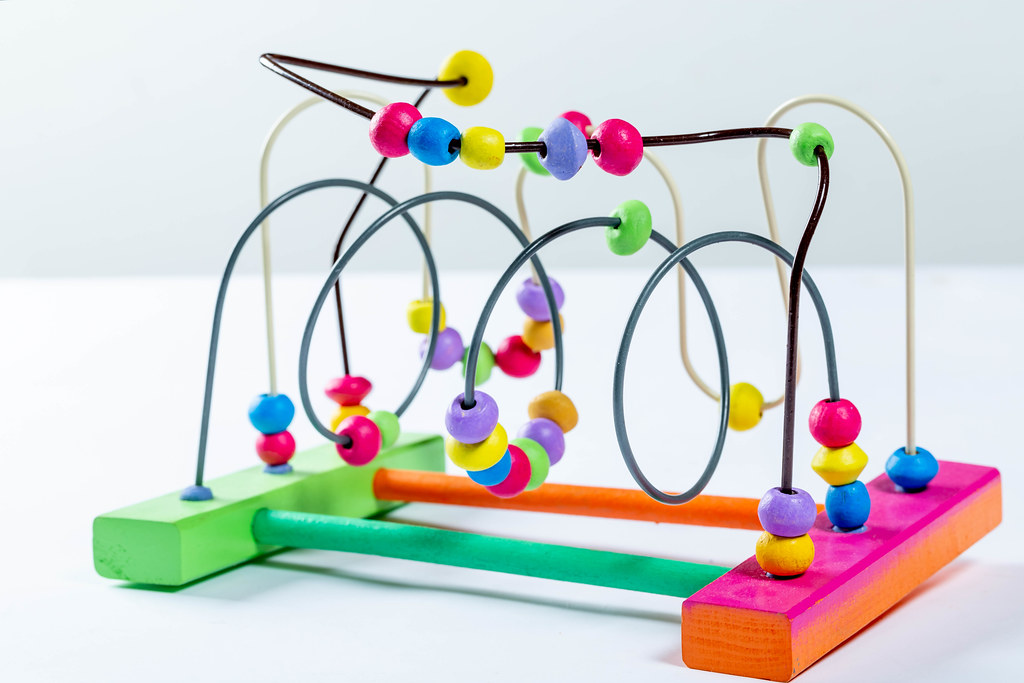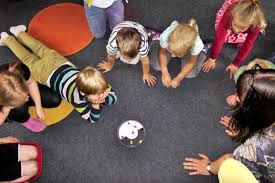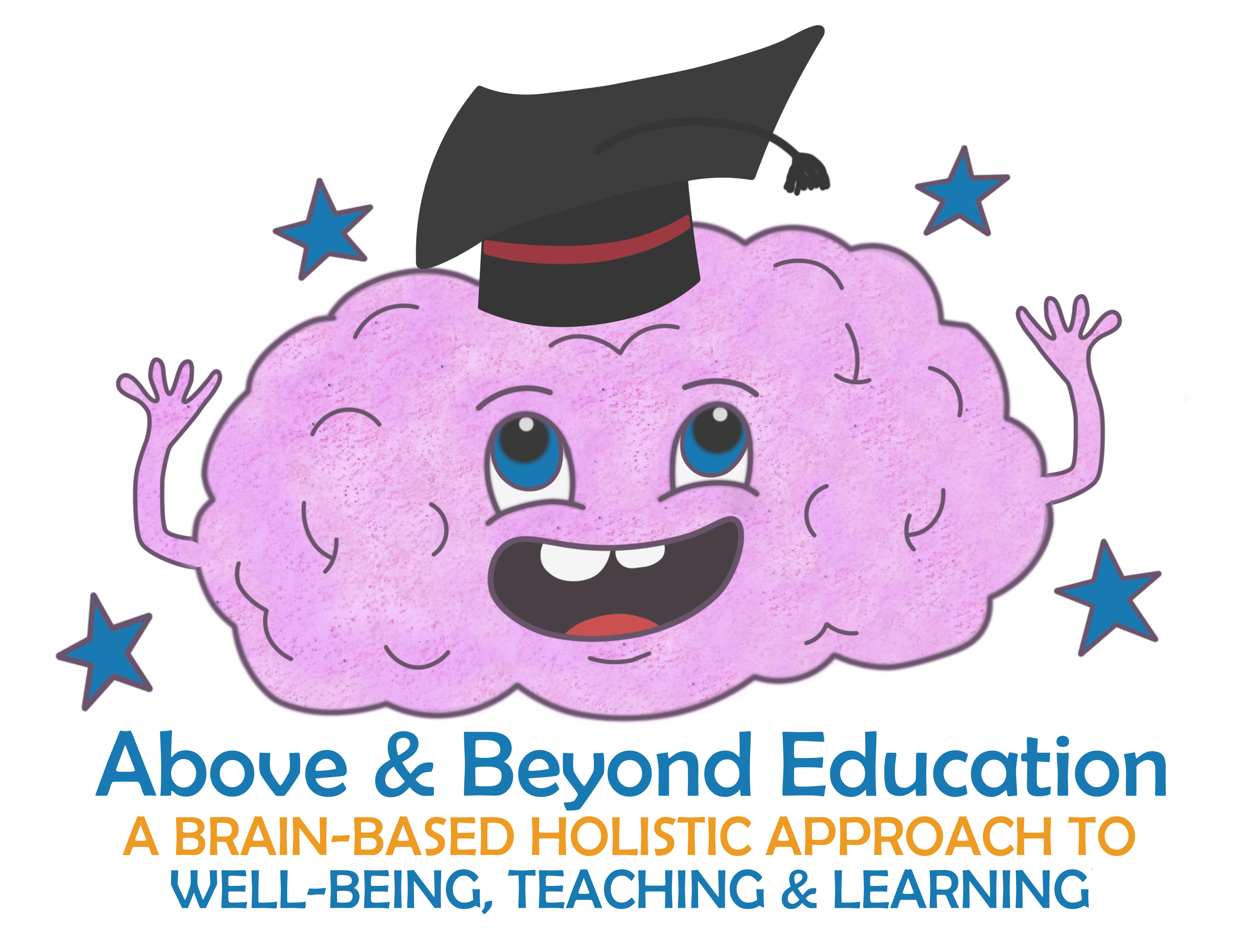The importance of student feedback
Why Student’s Should Rank Classes & Teachers.
There’s no doubt that honest feedback in life is important. It helps us reflect on our performance at work, it can help strengthen a relationship with a loved one and it provides opportunities for us to expand our horizons and reach our own true potential, so we can live our best lives.
So why not make student feedback a focus in schools?
Now I’m not talking about teacher performance reviews or whether or not the new canteen menu is a winner. I’m talking about direct, honest and open feedback from students.
Let’s face it, students are already ranking teachers, discussing which classes they love and which classes they hate, and most importantly they’re talking about WHY they love or hate these classes. Imagine how powerful it would be if teachers had this information, if we could create transparent communication with the students to get their honest feedback about what’s working and what isn’t.
Think of it this way.
Imagine you are the CEO of a large toy company, about to release a new educational product to help children learn. You’ll want to make sure that the product is fun, engaging, memorable, challenging and provides an experience that will make them feel excited about going back to play with that toy again.
It’s the same with students at school. If the classes aren’t fun, engaging, memorable, challenging and leaving them wanting more, then students will become disengaged and lose their love of learning that subject, quickly.


Now put your CEO hat back on again for a moment. You find out that you’re not selling many of your exciting new educational toy, so you decide to run a focus group to hear first-hand what people are saying about your product.
In just one session, you realise that it wasn’t as engaging as you thought and that consumers were getting bored after only 5 minutes of playing with it. So, you make some changes, release version 2.0 of the product and now it’s flying off the shelves.
Back in the classroom, the same concept is applied. You ask your students for their feedback, you acknowledge it, implement some tweaks here and there and no longer are they bored after 5 minutes.
This happened a little while ago, when we had just finished creating a new workshop that specifically focuses on the Brain-Science & Psychology behind how to deal with bullying at school. The content was ready to go. We knew it would be beneficial, but we needed to know for sure, so we asked a handful of teenagers ranging from 12-15 years of age what their thoughts were.
Did they like the content?
Was it fun, engaging, relatable and memorable?
Was our delivery believable, did we exude a sense of joy and passion for what we do?
It not only improved the workshop content we had created, but it gave us ideas to deliver it in an even more engaging manner.
So how can you as a teacher, implement a 'student feedback system' in your classroom?
Firstly, let your students know that you actually want them to give you open and honest feedback and that they won't be frowned upon or penalised for doing so (provided they're not just hurling abuse at you in the classroom, best to set some basic boundaries).
Then ask your students how they would like to provide you with feedback. Would they be comfortable with writing/saying it directly to you, or would they prefer to do an anonymous survey where they can share their thoughts without feeling like they will be penalised for doing so. Survey Monkey is a great online tool for creating simple surveys if they prefer this option (they have a free option on their site).
Perhaps a suggestion box in the classroom or online forum? There's plenty of different ways this can be done.

Something to be mindful of, if you haven't asked your students for feedback before, then you might find that you receive some personal feedback about you or your teaching style that isn't very positive. As humans, our go to response is often to 'react' and be frustrated or annoyed at the person that has provided this feedback. But if you do receive this kind of feedback, take it as an opportunity to not only improve your pedagogical practices, but to better help the students you teach to understand and retain the information you're teaching them.
So how are you using feedback with the students you teach?
What have you learned about yourself as a teacher (or home school parent for that matter) by asking for honest and open feedback?
Student feedback is very powerful and it makes sense to give students a voice - it's their education after all.

About the Author
Todd, aka 'The Mindful Man' is an international educational presenter, previously a post secondary teacher, motivational presenter and very passionate in the fields of mindfulness, nutrition and movement.
His main goal in life is to help others.
